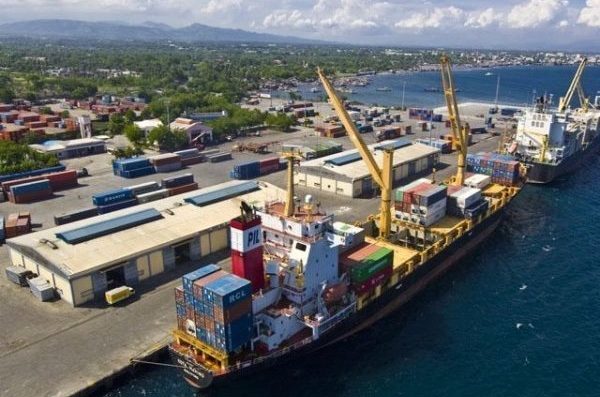Adam Smith and the shipowner

I would like to offer you a short quotation from Adam Smith’s masterwork, An Enquiry into the Wealth of Nations, published in 1776. This is from Chapter One:
“The division of labour, however, so far as it can be introduced, occasions, in every art, a proportionable increase of the productive powers of labour. The separation of different trades and employments from one another, seems to have taken place, in consequence of this advantage. This separation too is generally carried furthest in those countries which enjoy the highest degree of industry and improvement; what is the work of one man in a rude state of society, being generally that of several in an improved one.”
It seems that this notion has finally taken root in merchant shipping.
Not so very long ago, and well within living memory, tramp shipowners made a point of manning and operating their own ships and of being able to do a voyage estimate on the back of a bus ticket in a couple of minutes – indeed I know one very successful Greek owner who used to make a point of doing at least thirty paper voyage estimates for each fixture.
It is very different now, and the changes are in part due to the rise of Asian shipowners, many of whom prefer to time charter and to leave the messy business of PDAs, bunkers, stevedoring and (above all) laytime to the charterer, who for his part prefers to avoid the messy business of Port State Control, class, insurance, manning and (above all) stores spares and victualling to the shipowner.
We have also seen the rise of the container shipowner who has no interest at all in containers, and the containerline, as opposed to the NVOCC, with no interest in owning or managing ships.
One might say that this ‘division of labour’ increases efficiency, and indeed it surely does.
Very few shipowners who operate their own ships can honestly say that, when comparing apples with apples, their daily operating costs are on a level with or below those of any of the big managers.
There are many good reasons for keeping your technical management in house – not the least of which is to have a pool of honest up to date know how available to you when you choose to buy a ship or to build one – when selling ships I have always made a point of leaving ample stores and spares onboard, knowing that an inspector from a manager will see that his chances of staying under budget ae better, regardless of the state of the machinery and the tanks – but the big managers, with their advanced IT systems for purchasing and inventory control, will almost always do better in terms of day to day operating costs over the near- or medium-term. Over the long-term, the advantage lies the other way, but that only matters to the long-term owner.
The increase in efficiency due to specialisation does come at a cost – more than one cost, in fact. There is the crashing boredom of the ‘production line worker’ in shipmanagement, tied to a computer screen and endlessly repeating the same tasks, there is the unhappiness of crews, and perhaps above all there are the risks associated with the silo mentality, where, as so often happens, the chartering department don’t understand what the operating department and/or the technical department are telling them. This can easily become very expensive indeed.
But there is no doubt about the direction our business is heading in. Less fun, more employee dissatisfaction, more IT and more productivity.
Right now, we need more productivity like a hole in the head, and we need people who can understand the impact of new challenges, such as the environmental impact of merchant shipping – and the only people who can do that are the handful of people with an all-round knowledge of the business of shipping.

Very handsomely said indeed!
Shipping is an applied art. Should it be reduced to a mechanical routine, it would loose all its shine. First of all we need to change the investing behavior in the industry. Having the information from so many shipping cycles in store [as a backtesting device] the industry should be better at positioning itself against the cycle. Procyclical or even herding investing behavior leads to overcapacity, intensifying the boom-bust cycle.
This is where we are now, carried away from lax monetary policy that couldn’t manage to find a commensurate counterpart in real life [call me trade]. Now we have to put algorithms at play to squeeze a little bit more productivity out of the sector.
Next time better!
Sorry George, next time will not be better.
The cyclical nature of the various sectors of shipping has been known for many years, however we are again seeing an ‘unexpected’ overcapacity in bulk, container, offshore and LNG sectors. Seems the industry has a collective memory loss every time the good times return, immediately ordering new tonnage in whatever sector is the flavor of the month. We seem to specialize in killing the goose that lays the golden egg. When will the investors in shipping learn? Never.